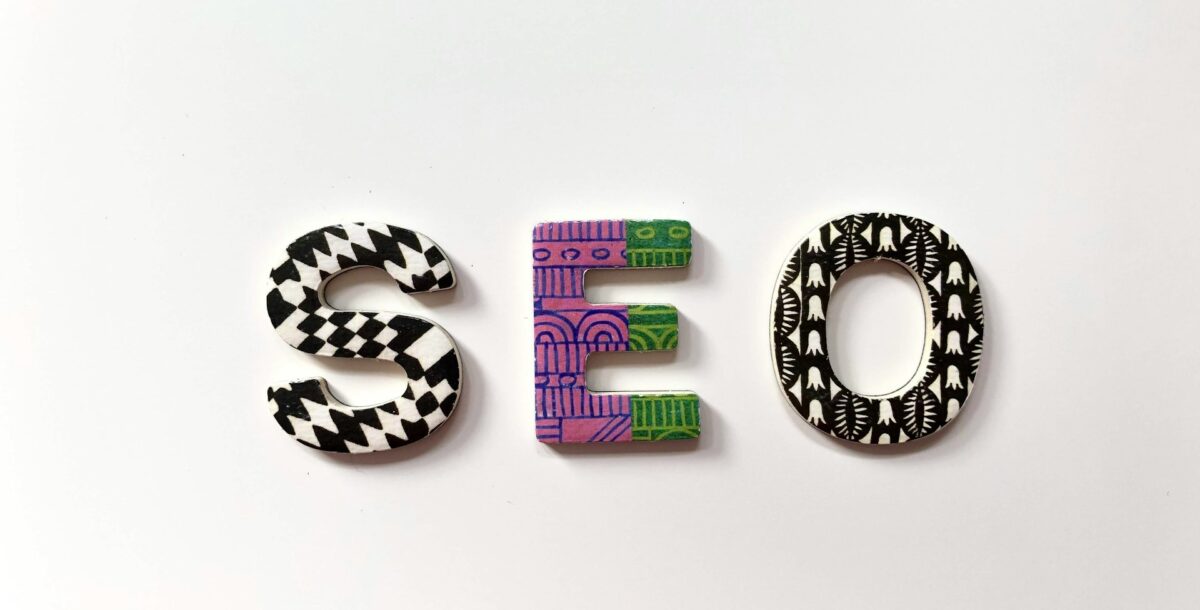Starting a blog can be one of the most rewarding ventures, whether it’s a creative outlet or a potential income source. However, the cornerstone of your blog’s success lies in choosing the perfect blog niche. Your niche determines the type of content you create, the audience you attract, and how you can monetize your efforts.
In this guide, we’ll take a deep dive into how to identify a niche that aligns with your passions, showcases your expertise, and meets market demand. You’ll also learn practical tips to ensure your chosen niche has long-term growth potential.
Why Choosing the Right Blog Niche Matters?
Picking a niche might feel like a small decision, but it has massive implications for your blog’s future. Here’s why:
- Attract a Targeted Audience: Focusing on a specific topic helps draw readers who are genuinely interested in what you offer, leading to better engagement and higher retention.
- Build Authority: By consistently creating high-quality content on a specific subject, you position yourself as an expert. This can lead to trust and loyalty from your audience.
- Simplify Content Creation: A defined niche gives you a clear direction, helping you come up with blog ideas more easily.
- Increase Monetization Opportunities: Advertisers and brands are more likely to collaborate with niche-specific blogs because their audience is targeted and valuable.
Step 1: Identify Your Interests and Passions
Blogging is a long-term commitment. To sustain your interest and produce consistent, high-quality content, choose a topic you’re passionate about. Your enthusiasm will naturally shine through and resonate with readers.
How to Discover Your Passions:
- Reflect on topics you enjoy discussing or learning about in your free time.
- Consider your hobbies, such as fitness, travel, or DIY crafts.
- Ask yourself: “If I could spend hours writing about something without getting bored, what would it be?”
For example, if you’re passionate about health and fitness, you could explore sub-niches like “low-impact workouts for seniors” or “meal prepping for busy professionals.”
Step 2: Assess Your Expertise and Skills
While passion is key, combining it with expertise gives you a winning formula. Readers trust bloggers who provide valuable and reliable information. Even if you’re not an expert now, your willingness to learn can go a long way.
Questions to Guide You:
- What are your professional skills?
- Do you have any unique life experiences others could learn from?
- Are you already knowledgeable about certain topics?
For example, if you’ve worked in finance, you might consider a niche like budgeting tips for millennials. A great resource for narrowing down expertise-driven niches is LinkedIn Learning, which can also help you sharpen your skills.
Step 3: Evaluate Market Demand
A perfect blog niche exists at the intersection of your interests and what people actively search for. To ensure there’s an audience for your chosen niche, research market demand using tools like Google Keyword Planner or Ubersuggest.
How to Check Demand:
- Conduct Keyword Research: Enter keywords related to your niche into a tool like SEMrush to analyze search volumes. High search volume indicates interest, but also competition.
- Analyze Competitors: Visit established blogs in your niche to see what’s working for them. For example, if you’re considering a tech blog, check out sites like TechCrunch.
- Engage in Online Communities: Platforms like Reddit and Facebook Groups are goldmines for identifying trending topics and gauging audience interest.
Step 4: Consider Profit Potential
If you plan to monetize your blog, selecting a niche with good earning potential is essential. Some niches naturally lend themselves to better monetization opportunities through affiliate marketing, sponsored posts, or product sales.
Monetization Strategies to Explore:
- Affiliate Marketing: Join affiliate programs like Amazon Associates or ShareASale to promote products related to your niche.
- Sponsored Content: Once you have a loyal audience, brands may approach you for collaborations.
- Digital Products: Consider creating eBooks, online courses, or templates. For instance, if your niche is productivity, you could sell planners or time-management guides.
For example, if you choose the niche home organization, affiliate programs like The Container Store’s Affiliate Program can help you generate income by promoting storage solutions and organizing products.
Step 5: Analyze the Long-Term Potential
Not all niches age gracefully. For long-term success, select a niche that isn’t dependent on fleeting trends. Evergreen topics like health, self-improvement, and technology ensure your blog remains relevant for years.
Tips for Longevity:
- Avoid overly trendy niches like “fidget spinner reviews” and focus on topics with staying power.
- Choose areas that can evolve. For instance, instead of writing about “smartphones of 2024,” consider “emerging smartphone trends.”
- Explore niches that overlap evergreen and trendy, such as “sustainable living,” which ties into ongoing environmental conversations.
Step 6: Narrow Down Your Niche
A broad topic like “travel” can feel overwhelming, but narrowing it down allows you to target a specific audience. Instead of starting a general travel blog, focus on niches like budget travel tips for digital nomads or luxury travel for honeymooners.
Examples of Narrowed Niches:
- Broad: Health & Fitness
- Narrowed: “Keto Diet Recipes for Beginners”
- Broad: Personal Finance
- Narrowed: “Saving Strategies for Single Moms”
To ensure you’re hitting the right balance, test your niche by writing a few blog posts and gauging reader interest.
Step 7: Test and Refine Your Niche
Once you’ve chosen your niche, start writing content and pay attention to metrics like traffic, engagement, and reader feedback. Tools like Google Analytics can help you track performance.
If you notice low engagement, don’t be afraid to refine your niche further. Blogging is a dynamic process, and adjustments are part of the journey.
Conclusion
Selecting the perfect blog niche is the foundation of a successful blogging journey. By aligning your passions, expertise, and market demand, you can create a blog that resonates with readers and offers long-term growth opportunities.
If you’re ready to start your blog, check out our guide on How to Start a WordPress Blog from Scratch: Your Comprehensive Guide.
Choosing the right niche may take time, but with the strategies outlined above, you’ll be well on your way to long-term blogging success.



